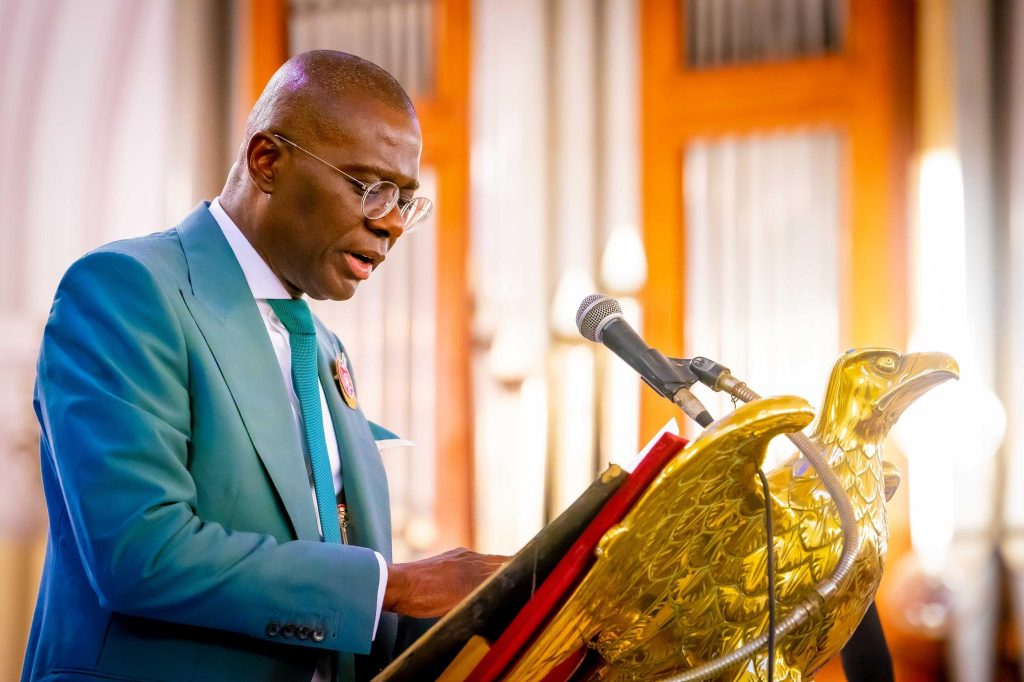The Lagos State Government has signed a Memorandum of Understanding (MoU) with the Federal Government’s Ministry of Finance Incorporated (MOFI) to initiate exploratory work on the ambitious Green Line project.
The state Commissioner for Information and Strategy, Gbenga Omotoso, made the announcement during a recent Citizen/Media Stakeholders forum organized by the Ministry.
He revealed that the 68 km Green Line, once completed, will connect Marina to the Lekki Free Trade Zone, traversing one of the fastest-growing industrial corridors in Africa.
Omotoso highlighted the state government’s commitment to infrastructural development, recalling that in 2024, the government completed 36 road projects, including bridges, link bridges, and pedestrian infrastructure.
READ ALSO: Leadership Crisis: Ex-Lagos speaker resumes session today
Additionally, over 51 more road projects are currently underway across the state, spanning all five divisions.
Key projects include the Arowojobe Link Bridge and Approach Road, Mende, Maryland; Sand Zero Road, Oyingbo; Platinum Road, Igbokusu; and Babafemi Dada Bridge, among others.
The administration is also advancing its Bus Reform Initiative (BRI), with ongoing work on new Bus Rapid Transit (BRT) terminals, such as the Abule Egba and Iyana Ipaja Bus Terminals.
Progress is also being made on the Ajah Bus Terminals and Depots, as well as infrastructure improvements along the Lagos-Badagry Expressway.
Omotoso further emphasised the historic completion of the first phase of the 27-kilometer Red Line rail project, which began passenger operations on October 15, 2024.
The Red Line is expected to serve up to 500,000 passengers daily, covering key areas including Agbado, Ikeja, Oshodi, and Yaba, and integrating with key bus terminals.
READ ALSO: Lagos announces new fare for 2025 Hajj
Looking ahead, Omotoso shared the administration’s plan to connect the Red Line with the Blue Line, with the second phase of the Blue Line already under development, extending from Mile 2 to Okokomaiko.
The Green Line project marks another significant step towards improving Lagos’ transportation infrastructure, supporting the state’s growth and providing enhanced mobility for residents and businesses.



